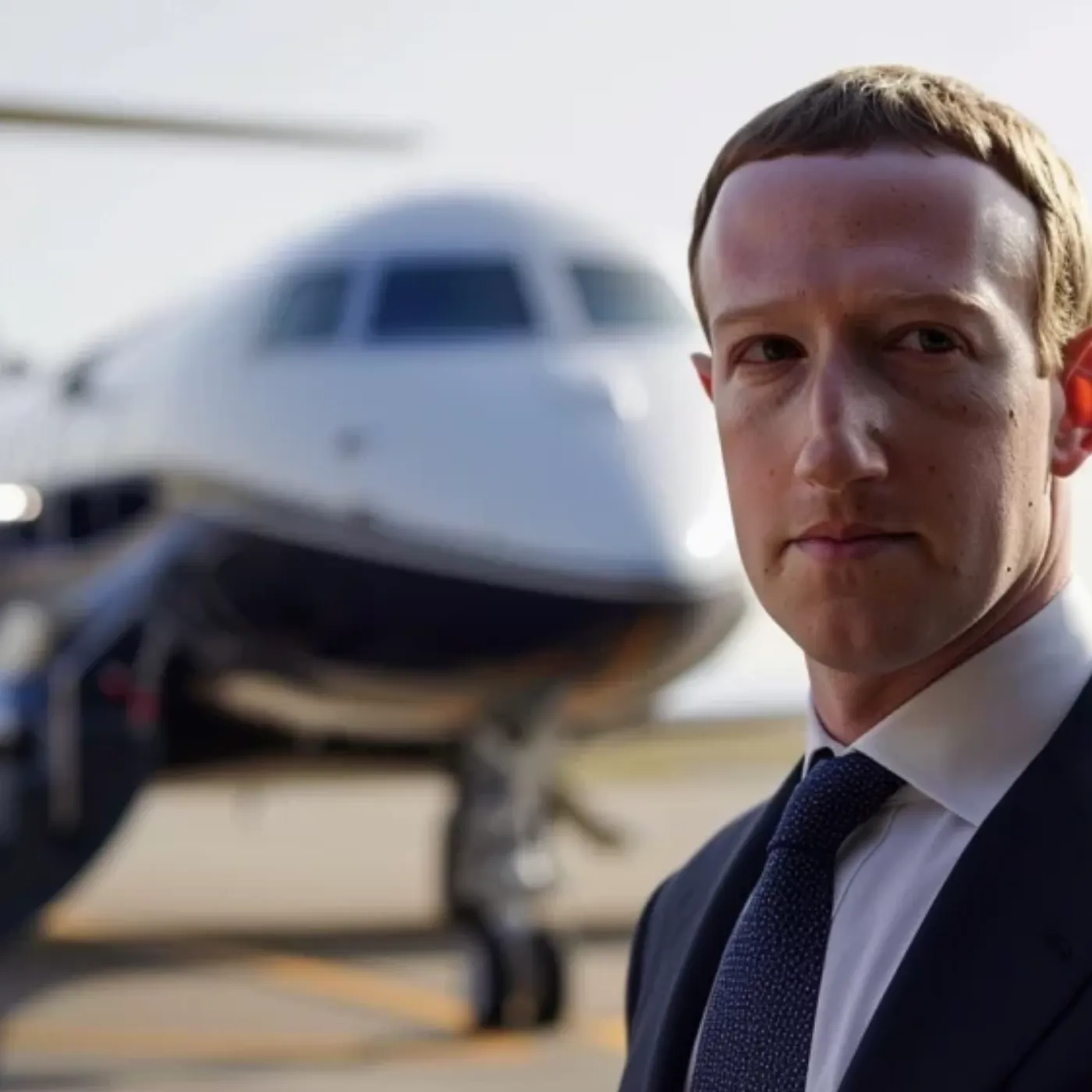
In recent years, private jet travel has become a symbol of luxury and exclusivity among the wealthy elite. Mark Zuckerberg’s jet, equipped with state-of-the-art amenities, allows him to traverse the globe in comfort and style. However, these flights come at a substantial environmental cost. The allure of flying privately has led to a surge in demand, with many high-profile individuals opting for their own jets, often prioritizing convenience over environmental impact.
Long-haul flights contribute significantly to carbon emissions, with private jets being some of the most carbon-intensive forms of transportation. A single flight covering 12,316 kilometers can produce more emissions than the average person generates in an entire year. The aviation industry is responsible for about 2-3% of global carbon emissions, and as private jet usage rises among the wealthy, this percentage is likely to increase. As public awareness of climate change grows, the luxurious lifestyles of billionaires are increasingly scrutinized, leading to calls for greater accountability.
The Jet-Setting Lifestyle of the Elite
Zuckerberg’s jet is not just a mode of transportation; it represents a lifestyle of immense privilege. Frequent trips for business meetings, conferences, and personal escapes highlight the stark contrast between the lives of the ultra-wealthy and the average citizen. While many are encouraged to reduce their carbon footprints, the jet-setting habits of billionaires like Zuckerberg raise questions about accountability and responsibility. This stark disparity often leads to public backlash, as people feel that the ultra-rich are not doing enough to combat climate change while enjoying their lavish lifestyles.

The Call for Sustainable Practices
In light of these concerns, there is a growing call for the ultra-rich to adopt more sustainable practices. This includes considering alternative modes of transportation, carbon offset programs, and investing in green technologies. As a leader in the tech industry, Zuckerberg has the opportunity to set a precedent for sustainable practices among his peers. Initiatives such as using biofuels, enhancing the efficiency of private jets, or even opting for commercial flights when possible could significantly reduce their carbon footprint.
Moreover, the tech mogul’s influence could extend beyond his personal choices; he could champion environmental causes and encourage other billionaires to follow suit. By leveraging his platform, Zuckerberg could inspire a movement towards sustainability within the elite class, showing that luxury and responsibility can coexist.
Balancing Luxury and Responsibility
Mark Zuckerberg’s 12,316 km flights in his private jet serve as a reminder of the environmental challenges we face in a world where luxury and convenience often take precedence over sustainability. As discussions about climate change continue to evolve, it’s essential for influential figures like Zuckerberg to lead by example, demonstrating that it’s possible to embrace a luxurious lifestyle while also prioritizing the health of our planet.

In conclusion, the conversation surrounding the environmental impact of private jet travel is crucial. By addressing these concerns, we can collectively work towards a more sustainable future, encouraging the wealthy elite to take responsibility for their carbon footprints while inspiring others to follow suit. As we navigate this critical juncture in our fight against climate change, the actions of individuals like Zuckerberg will significantly impact not only the environment but also public perception of wealth and responsibility. By making conscious choices, they can help shape a more sustainable world for future generations.



